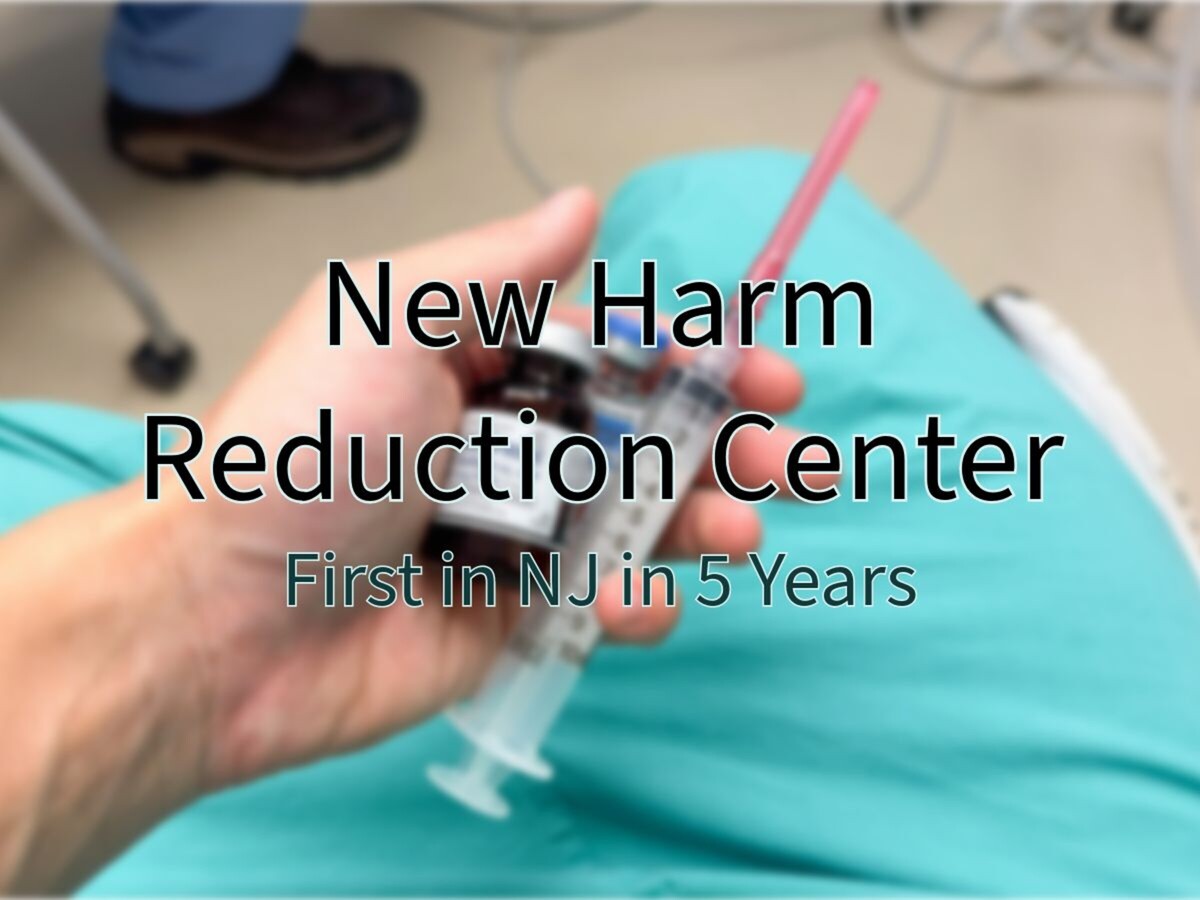Image


On International Overdose Awareness Day, August 31, the New Jersey Department of Health (NJDOH) took decisive steps to address the escalating overdose crisis, approving the first new harm reduction center (HRC) in five years and pledging more funding for comprehensive services across the state.
Who, What, When, Where, Why, and How
Overdose Awareness Day Proclamation
Governor Murphy issued a proclamation designating August 31 as Overdose Awareness Day in New Jersey, emphasizing the state's commitment to ending preventable overdose deaths. The day serves as a moment to remember those lost to drug overdose and support affected families.
National and State Statistics
According to the Centers for Disease Control and Prevention, drug overdoses have claimed over 932,000 lives nationwide in the last 21 years, with more than 100,000 deaths reported in 2022 alone. In New Jersey, 3,000 individuals succumbed to overdose this year.
“Our resources must match the scale of the epidemic, which now claims the lives of more than seven residents every day,” stated Acting Health Commissioner Dr. Kaitlan Baston. She added that the Department is dedicated to "innovative, evidence-based, and community-driven solutions."
What are Harm Reduction Centers?
Harm reduction centers offer a community-based, trauma-informed setting for people to access essential supplies like naloxone and sterile syringes. These centers also link individuals to crucial services, such as substance use disorder treatment and healthcare.
The state is currently accepting new applications for HRCs and has initiated a Request for Applications process for additional funding. NJDOH also released a new biennial report for 2020-2021, detailing the successes and outreach of existing HRCs.
The new harm reduction center joins seven existing centers across the state and will be operated by the Visiting Nurse Association of Central Jersey. The move is in line with New Jersey's continued efforts, including a nearly $3.2 million federal grant and various community outreach programs, to alleviate the opioid crisis and ensure the well-being of its residents.